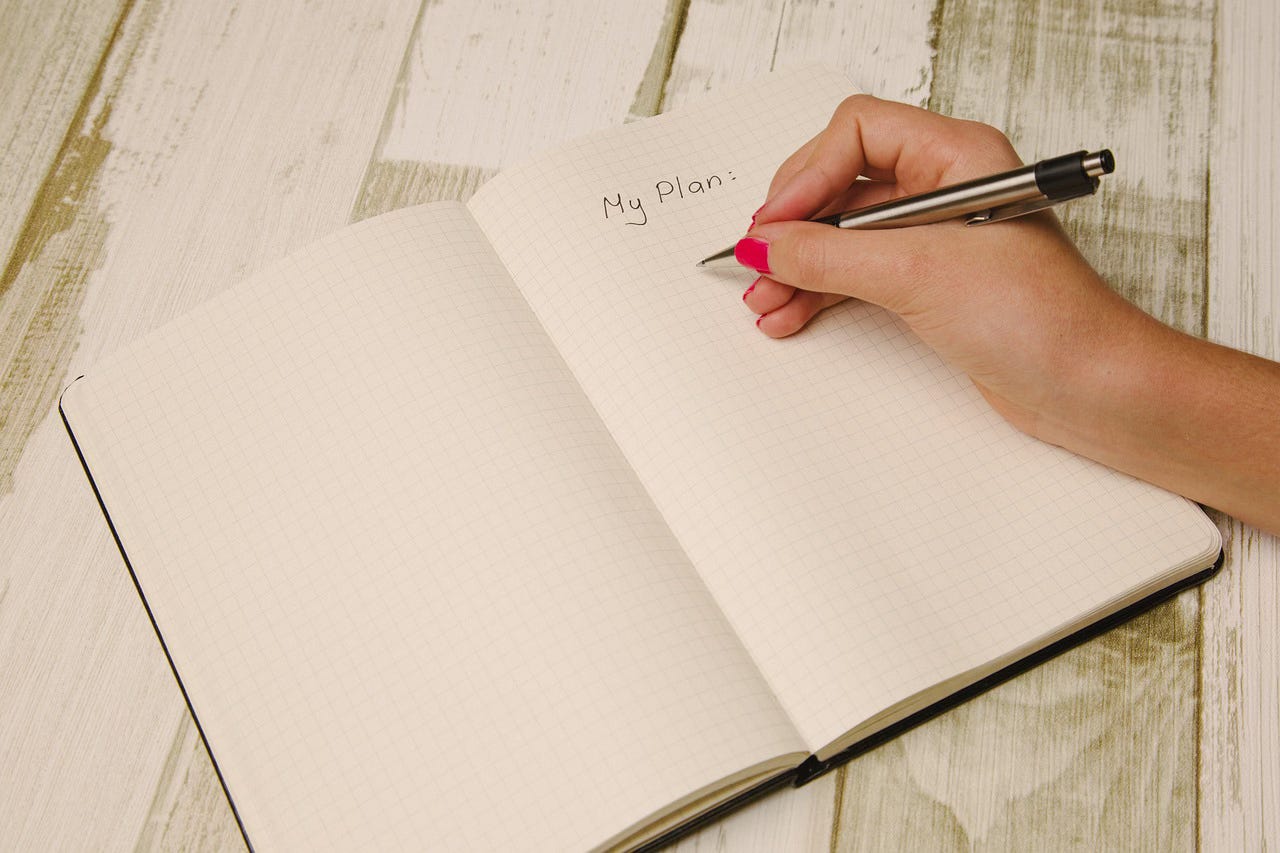ADHD: How Making Permanent Lists Can Be Life-Saving
Any ADHD Hunter can tell you, coming up with a system that’s not complicated, easy to use, and pretty much fool-proof would be a god-send.
Taking the time to plan out things like a trip to the store may be normal for a Farmer, but for Hunters it’s totally counter-intuitive. These days, after all, we literally do our hunting for food in the supermarket!
But, as almost any ADHD Hunter can tell you, coming up with a system that’s not complicated, easy to use, and pretty much fool-proof would be a god-send. And, sure enough, Susan seems to have done just that:
Susan in Tucson writes:
I’m hopelessly forgetful and totally disorganized, which is not good when you’re responsible for keeping the family stocked with essentials. There are some things that I always need: the staple foods like potatoes and onions, toilet paper, that sort of thing, as well as supplies for the house like laundry detergent.
For years, whenever I’d go to the store I’d just walk through the aisles, relying on the sight of things to remind me that I needed them. That didn’t work so well, as I often couldn’t remember what I needed, or would sometimes simply overlook things, even though I might have walked right by them.
After discovering a few times—always at the most awkward moment—that there wasn’t a scrap of toilet paper in the entire house, I decided I had to start keeping a shopping list.
So I started creating shopping lists every week just before I’d go shopping. The problem, though, was that I’d then have to go through the pantry and refrigerator and figure out what was missing, and again I often would forget things. Not to mention that it was such a hassle that I usually didn’t even bother to do it.
Then I got the idea of creating a permanent list.
This is a shopping list of those things that I always want around the house. Most of them are supplies that if I buy a few extra of it’s no big deal: I’ll eventually use them anyway.
My husband, who’s an accountant, says this is even a form of investment, because I’m buying commodities which will increase in price with inflation. So the extra toilet paper or canned tomatoes (from when I’m in the store and can’t remember if I’m out at home or not, so I just buy them) will increase in value as they sit on the shelf at the house.
I typed up my permanent list, which contains about forty items, on the top half of a sheet of paper. My husband ran off fifty copies at the office and brought them back home, and I keep them in a drawer in the kitchen.
During the week when I notice I’m out of something that’s not on my permanent list, or see some recipe on TV that I’d like to try but don’t have the ingredients for, I just open the drawer and jot that item down on the bottom half of the top sheet of the stack. When Thursday evening shopping time comes, I grab the top list and head off to the store.
I haven’t run out of the essentials in over two years, since I started this system.
Frequent Flyer’s Note:
A fellow who travels twenty to thirty weeks a year, both nationally and internationally, and is very ADHD, related to me a similar strategy for his packing.
He has on his smartphone “notepad” application a permanent packing list: articles like socks, underwear, toothpaste, etc.
“It’s amazing how many times I used to arrive somewhere only to discover that I forgot to bring a tie with me, or that I’d left my business cards at home,” he said.
“Now I do my preflight check, just like a pilot does. Before I leave the house, I pull out my calendar and check my permanent packing list to make sure that I have everything
“And what’s so continually amazing to me is that even after having done this for several years now, as I read my list out loud and mentally picture where and when I packed each item, I still discover that I often would have forgotten something if I hadn’t run through my checklist.”



We have a paper tablet on the kitchen counter. We already have everything we need, so when we run out, we write it on the tablet. If I am in a hurry, I put the empty wrapper or container on the tablet to remind myself to write it down later when I throw it away. For a new recipe, we write down ingredients we don't have. We have two small chest freezers, and when we shop, we stock ahead on frozen fruits and vegetables and buy meat and fish on sale to freeze.
I read years ago that although some older adults who lived alone had Alzheimer's tau tangles in the brain at autopsy, the same as others from skilled care facilities, they had lived alone and cared for themselves. They had the same daily living habits for years.
I THINK of ideas such as the excellent ones here, but lack follow through. Reading this public version may just be the nudge I need. Thank you.